Atlanta (U.S.A.) was the stage for another edition of the International Conference for High-Performance Computing, Networking, Storage, and Analysis (SC24), which took place between November 17 and 22. INESC TEC participated in world’s largest advanced computing conference – namely in the presentation of a paper in one of the workshops and the dissemination of two European projects.
The paper “Can Current SDS Controllers Scale To Modern HPC Infrastructures” – in collaboration with the Texas Advanced Computing Center (TACC), in the U.S.A., and the National Institute of Advanced Industrial Science and Technology (AIST), in Japan – featured on the Communication, I/O, and Storage at Scale on Next-Generation Platforms – Scalable Infrastructures (IXPUG) workshop, which aimed to bring together HPC users, researchers and developers from all over the world to share experiences on topics relevant to the future of large heterogeneous HPC systems.
This work seeks to provide quality of service (QoS) to storage systems in large-scale infrastructures, using the Software-Defined Storage (SDS) paradigm, which enables holistic management of competing requests on these systems. It also explores the advantages and limitations of current SDS solutions, while carrying out the first experimental study evaluating the performance and scalability of control plane designs of current SDS solutions.
The HANAMI project was also the centrepiece of the Birds of a Feather (BoF) session Building International HPC Collaborations Across Continents to Tackle Grand Challenges: HANAMI Project. The session highlighted the project’s goal of bringing Europe and Japan together to address pressing issues in HPC, demonstrating the potential of global partnerships to promote innovation and solve complex scientific problems.
The EPICURE project was present in two stands from partner entities, LUMI and IT4I, with promotional materials – leading to relevant discussions during the conference. In addition to these projects, the Minho Advanced Computing Centre (MACC) was also featured on the EuroHPC stand, along with the other European entities.
SC has become the world’s most important conference in this area, with thousands of participants in recent years. It also welcomes a diverse community of attendees, including researchers, scientists, application programmers, computer centre staff and managers, as well as representatives of the computer industry, agency programme managers, journalists and others.

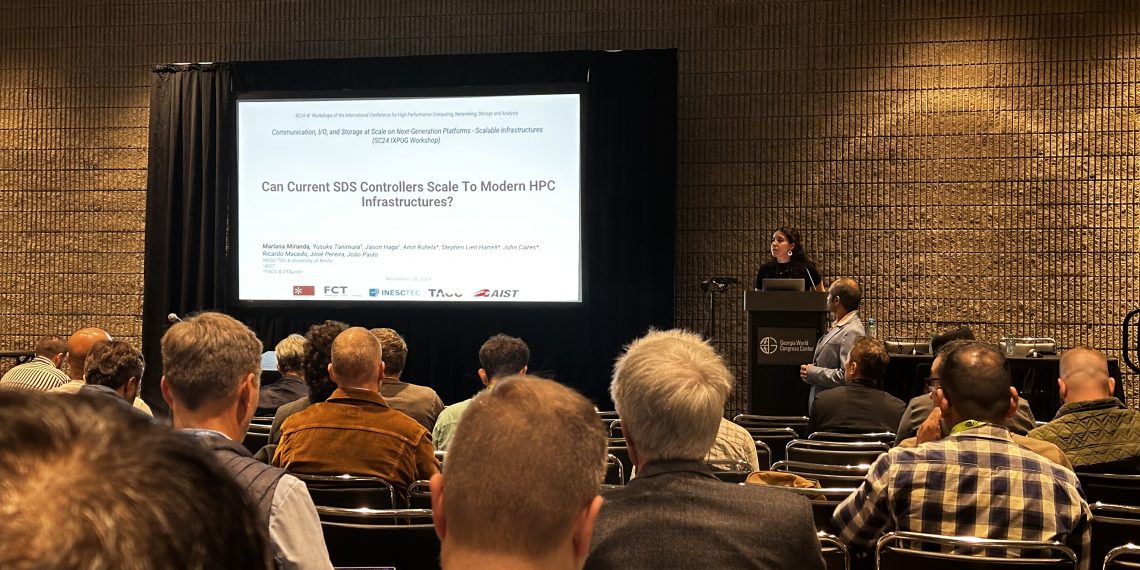
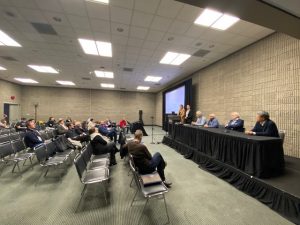
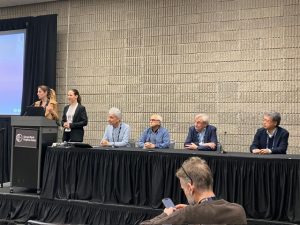
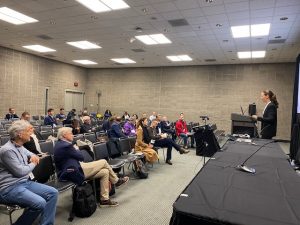
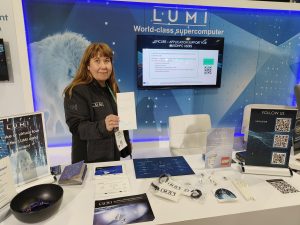
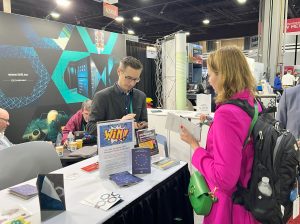
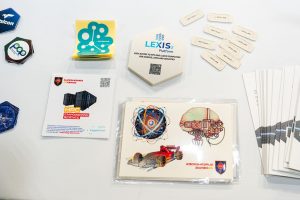
 News, current topics, curiosities and so much more about INESC TEC and its community!
News, current topics, curiosities and so much more about INESC TEC and its community!